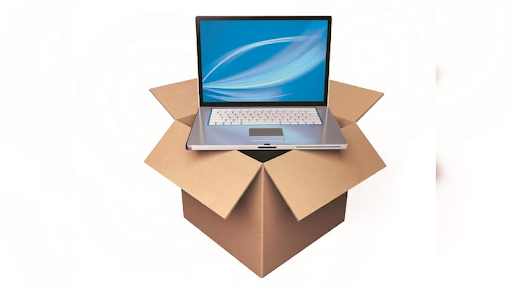



The Advance Authorisation Scheme allows exporters duty-free imports of inputs for export production. Recent 2025 relaxations permit duty exemptions even if goods ship before license issuance, easing customs disputes. Exporters must meet export obligations and value-addition norms. The scheme boosts competitiveness in textiles, chemicals, and engineering, supporting India’s export-driven growth.

Copyright infringement not intended
Picture Courtesy: BUSINESS-STANDARD
Advance Authorisation Scheme now allows duty-free imports even if goods shipped before licence issuance.
It is an initiative that helps Indian exporters reduce costs and compete globally. It allows exporters to import raw materials, components, or other inputs without paying customs duties, such as Basic Customs Duty, Anti-dumping Duty, Safeguard Duty, Integrated Tax, and Compensation Cess. The duty exemptions apply only if the imported materials are used to produce goods for export.
It is a scheme under the Foreign Trade Policy (FTP) implemented by the Directorate General of Foreign Trade (DGFT), which is an attached office of the Ministry of Commerce and Industry.
Exporters must meet specific conditions, such as fulfilling an export obligation (exporting the finished goods within 18 months) and achieving a minimum value addition of 15% (the exported product must be worth at least 15% more than the imported inputs).
The scheme applies to physical exports, intermediate supplies, certain deemed exports, and supplies like stores on foreign-going vessels or aircraft, provided specific norms are met.
Application Process: Exporters apply to the DGFT for an Advance Authorisation license, which specifies the quantity of inputs they can import duty-free. They can use:
Eligible Inputs: Besides raw materials, the scheme allows duty-free imports of packaging materials, fuel, oil, and catalysts used in production.
Who Can Apply?: The scheme is open to:
Validity and Obligations:
Sectors Covered: The scheme supports a wide range of industries, including textiles, engineering goods, chemicals, and more.
The government recently relaxed the rules of the AA Scheme to make it more exporter-friendly.
Relaxation on Shipment Timing
Old Rule: Exporters couldn’t claim duty-free benefits if their goods were shipped from a foreign country before the DGFT issued the AA license. Customs authorities, especially after objections from the Directorate of Revenue Intelligence (DRI) in Ludhiana, strictly enforced this, causing rejections even if goods were cleared later.
Exceptions for Restricted Goods
The relaxation doesn’t apply to restricted goods or products that can only be imported through designated government agencies (e.g., canalizing agencies like the State Trading Corporation). Exporters need special permission from the DGFT to claim benefits for such goods.
Must Read Articles:
Advance Authorisation Scheme to promote exports
Source:
|
PRACTICE QUESTION Q. What challenges do small and medium enterprises face while entering international markets? Analyze these challenges and suggest solutions. 150 words |






© 2026 iasgyan. All right reserved